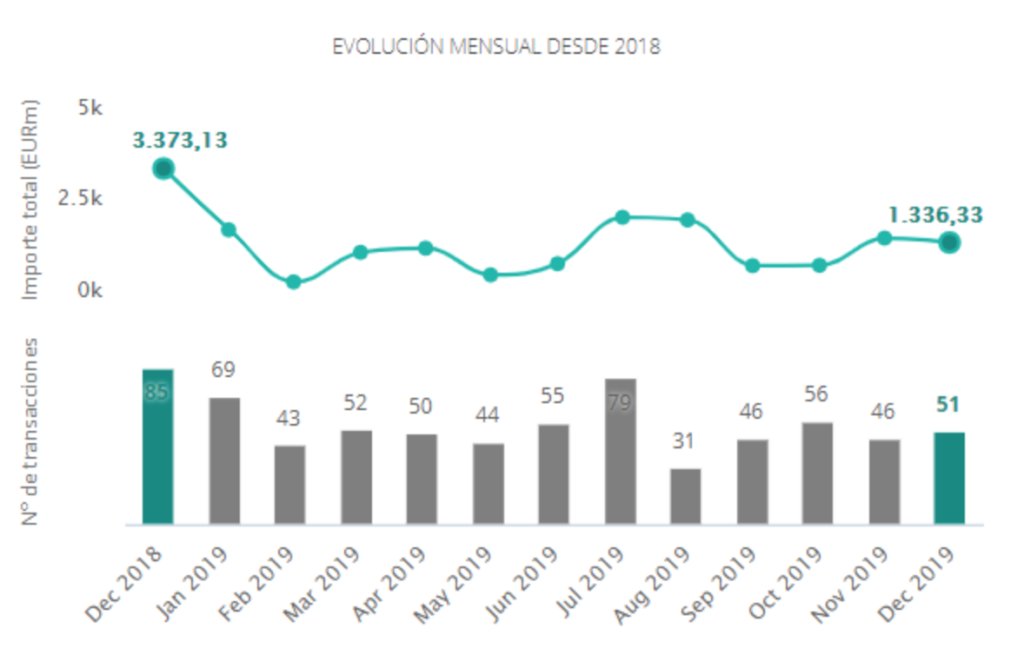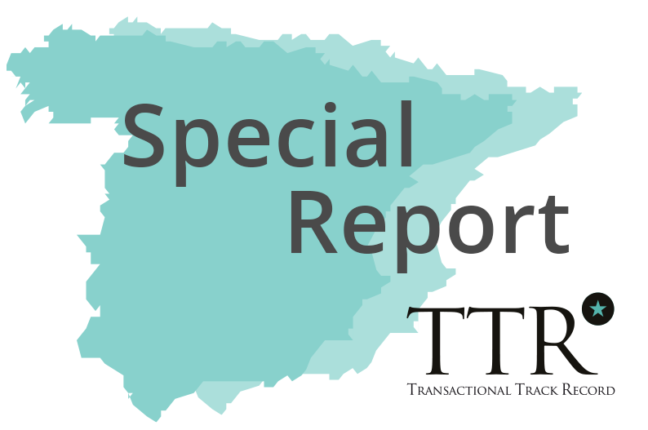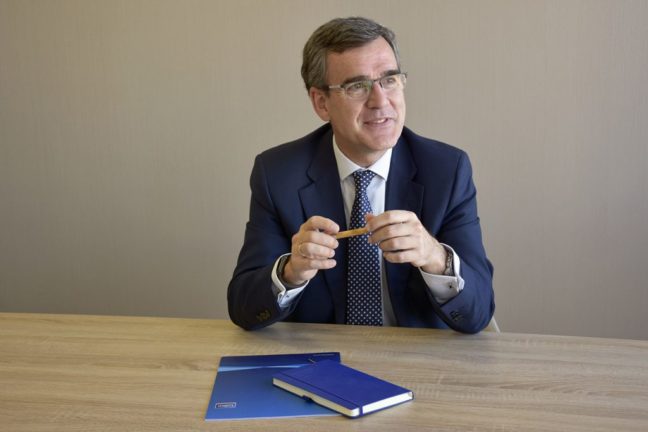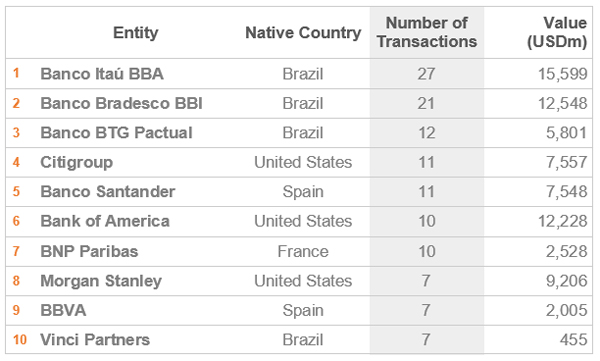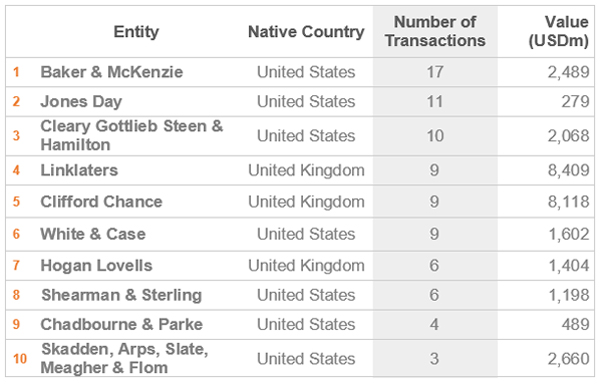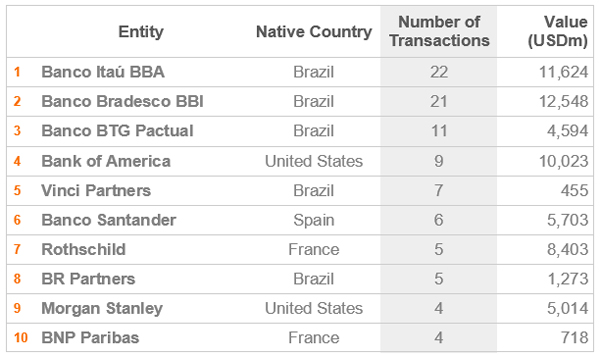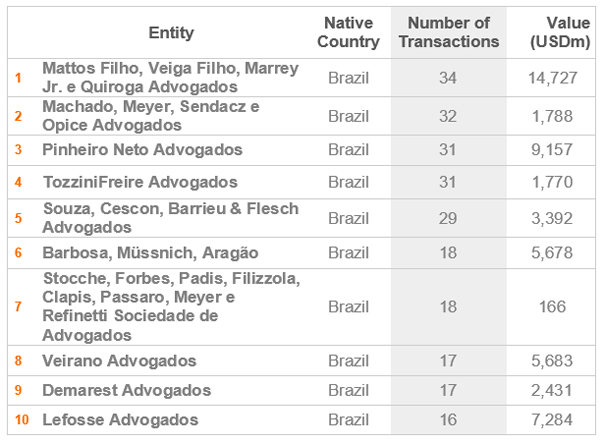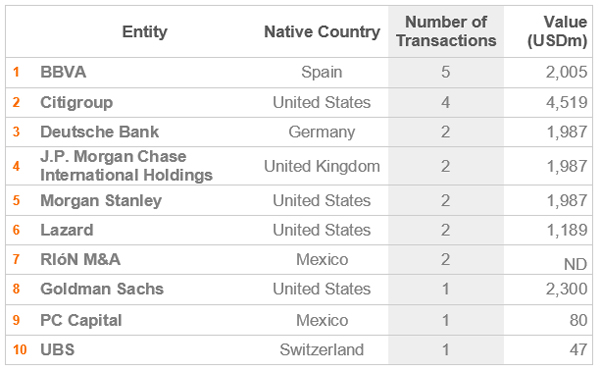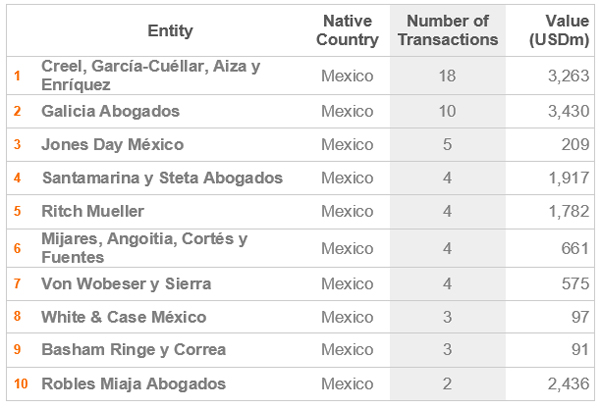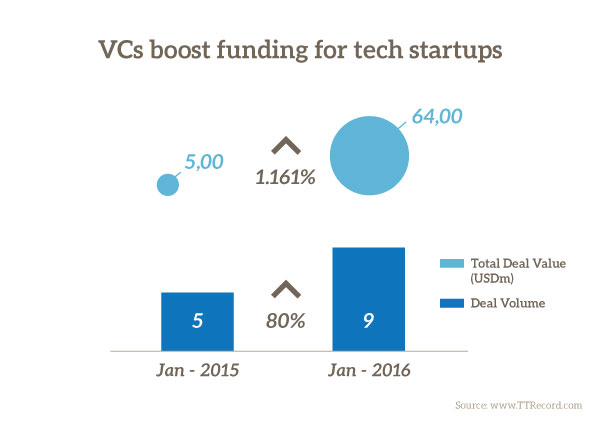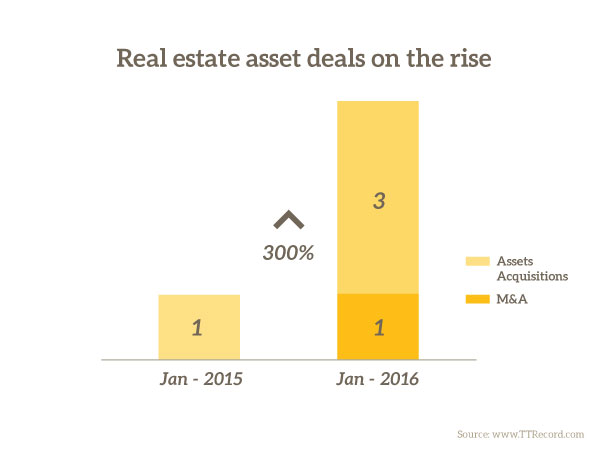Entrevista con Mikel Echavarren, CEO de Colliers International Spain.
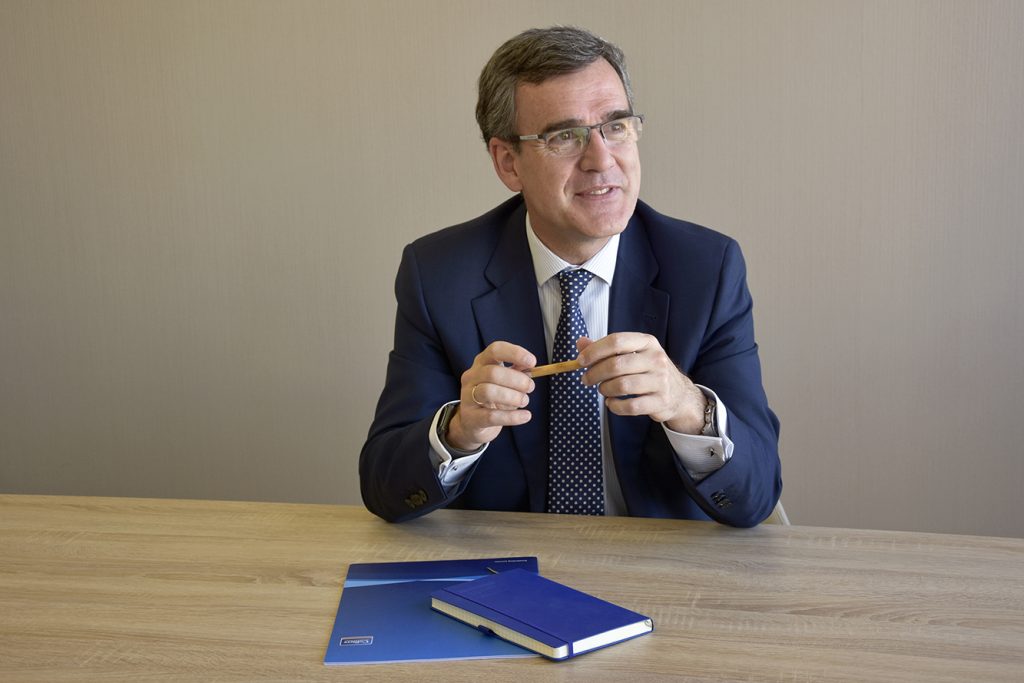
Mikel Echavarren es CEO de Colliers International Spain. Fue Presidente y Consejero Delegado de irea desde su fundación en 2002 hasta marzo de 2018, momento en el que irea se integra en Colliers International. Anteriormente fue socio de Arthur Andersen responsable de la división de Real Estate Corporate Finance en España y Portugal.
TTR – Desde el ámbito de actuación de Colliers International, ¿cómo definiría la actividad transaccional en los cuatro primeros meses del año?
El arranque del año 2018 mantiene la intensidad de la inversión en todos los segmentos del mercado inmobiliario, con una preponderancia significativa de las operaciones corporativas en el sector hotelero e inmobiliario y la puesta en el mercado de carteras de deuda hipotecaria y REO´s.
Los fondos de inversión core incrementan su presencia en nuestro mercado, sustituyendo a inversores oportunistas y aprovechando la rotación de los portfolios de activos de las Socimis.
La preparación de operaciones corporativas en este primer trimestre augura una intensa actividad en fusiones y adquisiciones de sociedades inmobiliarias y hoteleras en el segundo semestre del año 2018.
TTR – El sector inmobiliario históricamente ha sido el más destacado del mercado transaccional español. ¿A qué cree que se debe esta circunstancia? ¿Cuáles son las características principales que definen al sector en España?
El mercado inmobiliario español es uno de los más avanzados de Europa en cuanto a la oferta y seguridad de su mercado hipotecario. Este factor ha facilitado que la actividad de promoción residencial y de la inversión que se deriva de este segmento, siempre hayan sido muy pujantes.
Adicionalmente, España es un país que cuenta con un porcentaje de la actividad de promoción residencial muy elevado, en torno a un 20-30%, relacionado con la compra de vivienda por parte de extranjeros no residentes, derivada de la extraordinaria potencia de nuestro mercado turístico y la eliminación en los últimos 15 años de la competencia de los destinos ubicados en el norte de África.
En cuanto a la inversión de los fondos institucionales, el mercado de oficinas y de centros y parques comerciales se ha desarrollado ampliamente en los últimos años, cumpliendo los estándares de calidad y de transparencia europeos, lo que ha permitido a dichos inversores actuar en nuestro mercado de una forma eficiente y transparente.
Del mismo modo, la inversión en la adquisición de hoteles ubicados en España es una consecuencia lógica de la consolidación y desarrollo de uno de los principales destinos turísticos del mundo, el primero en términos de eficiencia de su gestión.
Todos estos factores, unidos al desarrollo extraordinario de las infraestructuras de transporte y servicios de nuestro país, han sido los motores del crecimiento de la inversión en inmobiliario.
TTR – En los últimos años, incluyendo a 2018, hemos podido ver un notable y creciente interés de fondos internacionales en el ladrillo español. ¿Diría usted que esta circunstancia favorece o perjudica al sector inmobiliario en España? ¿Podría esta proliferación de fondos internacionales estar reduciendo las oportunidades de los players locales?
La actividad de los fondos internacionales ha sido fundamental para la recuperación del mercado inmobiliario español.
En una primera etapa, desde 2013 a 2015, contribuyeron a facilitar liquidez al mercado y a establecer referencias creíbles sobre precios transaccionables, desde una perspectiva de aprovechamiento de las oportunidades de un mercado potente pero ilíquido.
Desde entonces los fondos internacionales han evolucionado hacia todos los nichos del mercado inmobiliario, desde los activos comerciales a la inversión en suelo residencial, y lo han hecho en muchos casos a través de alianzas con operadores y promotores locales.
En la actualidad están entrando otros fondos con estrategias diferentes y con costes de capital significativamente inferiores.
La conclusión de estos movimientos es, en mi opinión, que los fondos han venido para quedarse y que seguirán siendo protagonistas de la inversión en nuestro mercado inmobiliario por mucho tiempo. Ese protagonismo, convive con la actividad inversora de players locales, que con menores exigencias de rentabilidad y con capacidades crecientes de capital, compiten con fuerza en muchos segmentos del mercado.
TTR – Dentro del sector inmobiliario, ¿Qué segmentos de mercado considera usted que cuentan con un mayor potencial en la actualidad?
Claramente, el sector de promoción residencial y dentro de éste la inversión en carteras de suelo en desarrollo y su gestión hasta transformarlo en suelo finalista.
La promoción residencial, sobre todo en mercados secundarios que todavía no se han recuperado de forma significativa, seguirá ofreciendo rentabilidades anuales superiores al 10% y unos múltiplos atractivos por la financiación de los costes de construcción y desarrollo.
TTR – ¿Cuáles son las herramientas de financiación más habituales para la adquisición de activos inmobiliarios?
La financiación hipotecaria es la protagonista de las operaciones de inversión, con más participación de banca extranjera en activos comerciales y con un dominio absoluto de la banca comercial española en la financiación a la promoción residencial.
Adicionalmente, existen alternativas de financiación para los tramos de inversión no cubiertos por la banca comercial otorgadas por fondos de inversión internacionales.
Colliers International Spain, por ejemplo, es el Loan Manager de un fondo de financiación alternativa de Marathon Asset Management destinado a financiar la adquisición de suelo residencial y dirigido a promotores especializados en residencial.
La financiación corporativa o la emisión de bonos está restringida a las empresas con grandes balances, muchas de ellas cotizadas en bolsa.
TTR – Otra demostración del auge del sector inmobiliario es sin duda la cantidad de SOCIMIs que han comenzado a cotizar en el Mercado Alternativo Bursátil en los últimos dos años. ¿Qué ventajas aporta este mercado a las SOCIMIs?
El MAB es una alternativa para el cumplimiento de los requisitos de liquidez y de composición accionarial de las SOCIMIs, sobre todo para aquellas de tamaño medio o pequeñas o para quienes sólo aspiran a cumplir los requisitos que facilitan una fiscalidad óptima.
A futuro, creemos que muchas de ellas entrarán en el juego de fusiones y adquisiciones con el objetivo de alcanzar una mayor dimensión que posibilite su mayor liquidez en el mercado y ofrecerse como alternativa a la inversión el ahorro familiar, con un menor coste de capital.
Interview with Mikel Echavarren, CEO at Colliers International Spain
TTR – How would you at Colliers International describe the level of deal activity over the first four months of the year?
So far 2018 has continued to see strong levels of investment across all segments of the real estate market. There has been a marked preference for corporate deals in the hotel and real estate sector, whilst mortgage loan and REO portfolios have also started to come onto the market.
The Spanish market is seeing an ever-growing number of core investment funds, that have taken the place of opportunistic investors and are capitalising on Socimi property portfolio rotations.
The preparation of corporate deals in Q1 2018, suggests that we will see considerable M&A activity among real estate and hotel companies in H2 2018.
TTR – The real estate sector has traditionally always been the biggest transaction market in Spain. Why do you think this is? What are the defining characteristics of the sector in Spain?
In terms of supply and the level of mortgage security, the Spanish real estate market is one of the most advanced in Europe. This factor has meant that residential development and investment, have always played a defining role.
Spain also has a very high percentage of residential development activity (circa 20-30%), which is primarily thanks to the purchase of homes by non-resident foreigners, as a result of Spain’s highly attractive tourist market and the fact that over the past 15 years competition from destinations in Northern Africa has virtually disappeared.
In terms of investment by institutional funds, the office and shopping centre and retail park markets have expanded significantly in recent years, meeting European standards of quality and transparency, which has allowed these players to invest in Spain efficiently and transparently.
Investment in hotels located in Spain is also a logical result of the consolidation and development of one of the world’s primary tourist destinations, and the leading destination in terms of efficient management.
All this, together with the extraordinary development of Spain’s transport and services infrastructure, have driven real estate investment growth.
TTR – In recent years, including 2018 to date, we have seen international funds show a considerable and growing interest in Spanish real estate. Would you say that this favours or jeopardises the Spanish property sector? Could this increasing number of international funds be reducing the number of opportunities open to local players?
International funds were key for the recovery of Spain’s real estate market.
Between 2013 and 2015, these funds identified an opening which would allow them to take advantage of the opportunities in a strong, but illiquid market. They therefore not only injected much-needed capital into the market, but also helped to establish credible transaction price references.
Since then international funds have explored all real estate market niches, from retail properties to investing in residential-use land, in many cases investing via joint ventures with local operator and developers.
Funds with different strategies and significantly lower capital costs are now entering the market.
In my view, the conclusion we can draw from the activity of recent years is that funds are here to stay and will remain key players in our real estate market for some time to come. However, they will share the limelight with local players who, with less-demanding yield requirements and growing capital strength, pose stiff competition for international funds in many market segments.
TTR – What do you see as the highest-potential market segments in the real estate sector at the moment?
Without doubt, the residential development sector and, within this, investment in portfolios comprising land in the planning process and its management through to obtaining serviced development land status.
Residential development, especially in secondary markets that still have a long way to go before recovering pre-crisis levels, will continue offering annual yields in excess of 10% and attractive terms and conditions for financing construction and development costs.
TTR – What are the most common forms of financing used to acquire real estate assets?
The lion’s share of investment transactions are completed using mortgage financing, with international banks tending to focus on retail assets and Spanish commercial banks dominating the residential development financing market.
International investment funds offer financing alternatives for investment tranches that are not covered by commercial banks.
Colliers International Spain, for example, is the Loan Manager of an alternative financing fund belonging to Marathon Asset Management aimed at financing the acquisition of residential land and directed at specialist residential developers.
Corporate financing and bond issues are restricted to companies with big balance sheets, mainly listed companies.
TTR – Another sign of the real estate sector’s strength is without doubt the amount of SOCIMIs that have listed on the Spanish Stock Exchange (MAB) over the past two years. What advantages do SOCIMIs bring to the market?
The MAB is an alternative option for SOCIMIs to meet their liquidity and shareholder requirements, especially for SMEs or companies looking to achieve an optimised fiscal structure.
Going forwards, we believe that many of them will be subject to Mergers & Acquisitions, with companies looking to optimise their structure in order to increase their liquidity in the market and offer an alternative to the traditional investment option, with a lower capital cost.
